Hiring the right people has never been easy. Every company wants talented employees, but finding them often feels like searching for a needle in a haystack. Long hours spent reading resumes, scheduling interviews, and sorting through applications can slow down any business. That’s where AI-powered HR and recruitment tools are changing the game.
These intelligent solutions enable companies to hire more quickly, intelligently, and with fewer errors. They not only save time—they enhance the whole hiring process for both employers and applicants. With talent being the driving force for success in a globalized world, employing AI-based HR and recruitment solutions is becoming an imperative edge.
AI-based HR and recruitment software is transforming the way businesses approach hiring by making it swifter, wiser, and smarter. It applies machine learning to read and process heaps of data in seconds—something human recruiters might never have been capable of doing alone. The software learns based on previous hiring trends, job postings, resumes, and even employee performance reports to enhance its accuracy with experience.
Among the most sought-after features of these applications is automated resume screening. Rather than reading through each application manually, AI software checks for keywords, skills, education, and work experience to identify the best fit. It screens out the inappropriate candidates and points out the most suitable candidates for the job requirements, saving time for the recruiters and accelerating the hiring process.
AI chatbots are another intelligent feature. They provide simple communication with candidates, reply to frequently asked questions, and even arrange interviews, making the candidate experience smoother and more professional.
Some sophisticated tools take it a step ahead by processing video interviews. They not only look at the substance of a candidate's response but also examine facial reactions, tone of voice, and non-verbal cues. This enables the recruiters to better understand a candidate's communication abilities and personality before finalizing key hiring decisions.
The benefits of using AI-powered HR and recruitment tools go far beyond saving time — they’re changing the way companies approach hiring altogether. In the past, filling a single role could take weeks or even months, draining resources and slowing down business growth. AI tools remove these delays by handling time-consuming tasks like sorting resumes, scheduling interviews, and managing follow-up communication. This gives recruiters more time to focus on building relationships with top candidates.
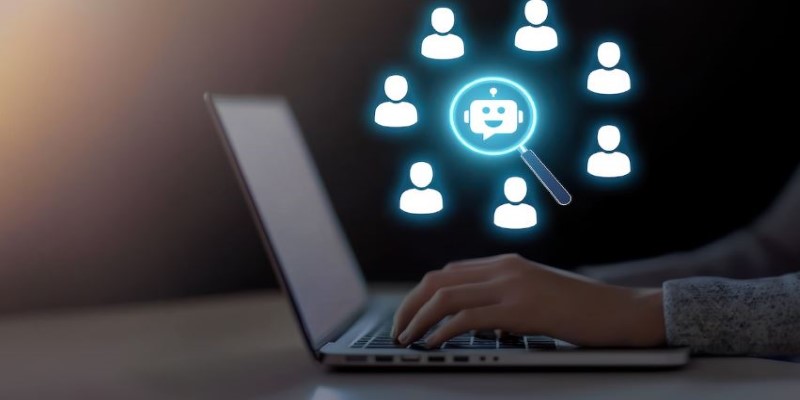
Another major advantage is accuracy. Human recruiters, despite their best efforts, can overlook qualified candidates or fall into unconscious bias. AI-powered tools rely on data, not guesswork, ensuring a fair and skill-based evaluation of every applicant. This leads to more diverse and capable teams.
Cost savings also come naturally with faster and smarter hiring. The longer a position stays empty, the more it costs a company — not just in money but also in lost productivity. AI tools help speed up the hiring cycle, reducing operational expenses.
Perhaps most importantly, these tools elevate the candidate experience. Quick responses, clear communication, and personalized updates create a positive impression that strengthens a company's brand. AI can also predict long-term employee success by analyzing patterns in performance data, making hiring decisions smarter and more strategic.
Despite their benefits, AI-powered HR and recruitment tools are not without challenges. One of the main concerns is data privacy. These tools collect and process large amounts of personal information from candidates. Companies must ensure that this data is stored securely and used ethically.
Bias is another critical issue. While AI is designed to remove human bias, it can inherit bias from the data it is trained on. If the training data reflects past hiring practices that favored certain groups over others, the AI might continue those patterns. This is why regular audits and updates are necessary to ensure fair and inclusive hiring processes.
Another limitation is the lack of human touch. Hiring is not just about skills and qualifications; it’s about building relationships and understanding candidates on a personal level. AI tools can handle the technical side of recruitment, but human recruiters are still essential for final interviews, team fit evaluations, and personal engagement.
AI-powered HR and recruitment tools also require proper implementation and training. Companies need to invest time and resources to integrate these tools into their existing HR systems. Without proper guidance and training, the tools may not deliver their full potential.
The future of AI-powered HR and recruitment tools is full of potential. As technology evolves, these tools will become smarter, faster, and easier to use. Companies will be able to personalize the hiring process like never before, matching candidates to jobs based on their skills, experience, and career goals.
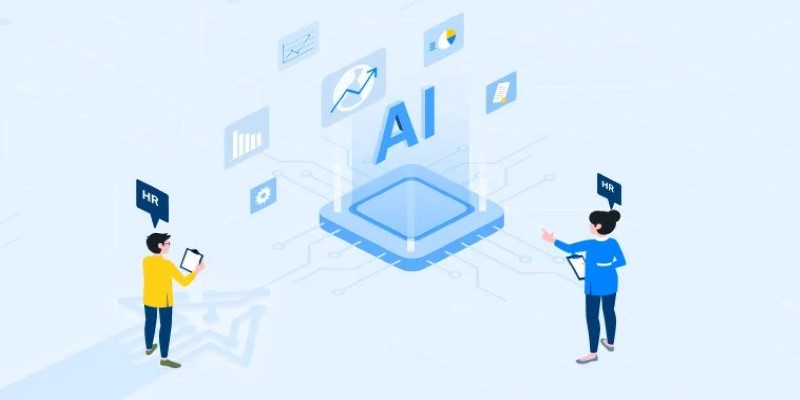
Beyond hiring, AI will help improve employee engagement and retention by tracking satisfaction levels, predicting turnover risks, and offering customized development plans. Natural language processing (NLP) will also play a key role in analyzing candidate communication styles and soft skills. These improvements mean that AI-powered HR and recruitment tools will become essential across all industries.
Businesses that embrace this technology early will have a clear advantage in building stronger, more skilled teams. However, maintaining a balance between automation and human interaction will remain important to ensure the hiring process stays fair, personal, and empathetic while leveraging the full power of AI.
AI-powered HR and recruitment tools are changing the way companies hire and manage talent. They bring speed, accuracy, and efficiency to a process that was once slow and demanding. From resume screening to employee engagement, these tools offer smart solutions for modern businesses. However, it is important to balance technology with human interaction to create a fair and personal hiring experience. Companies that adopt AI-powered HR and recruitment tools early will have a clear advantage in building strong, talented, and future-ready teams.
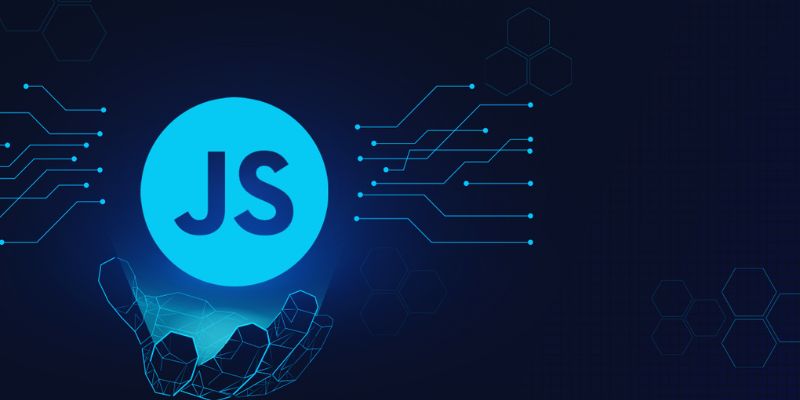
Know the pros and cons of using JavaScript for machine learning, including key tools, benefits, and when it can work best
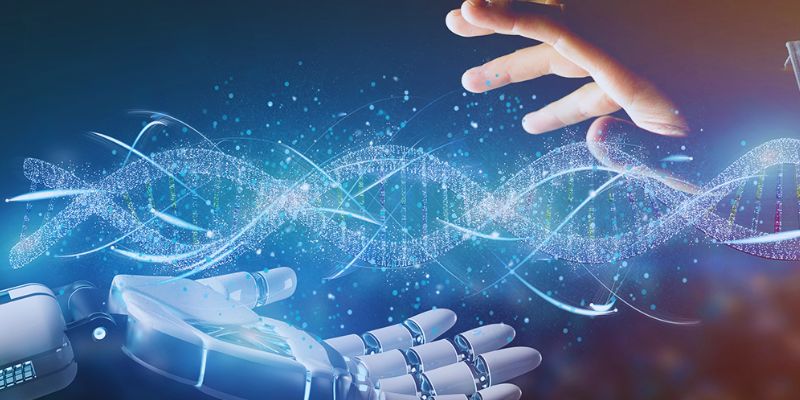
Can artificial intelligence make us safer? Discover how AI improves security, detects threats, and supports emergency response
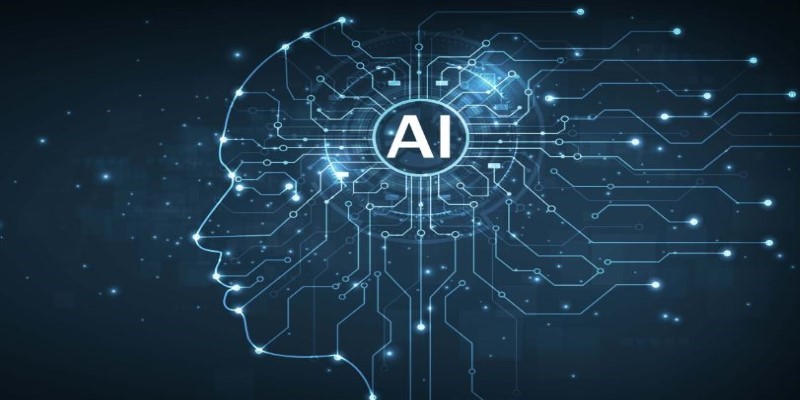
The alignment problem in AI highlights the challenges of ensuring AI follows human values. Learn why it matters and how experts are working to solve it

Explore three major mining challenges and six smart solutions to reduce costs, ensure safety, and boost sustainable operations
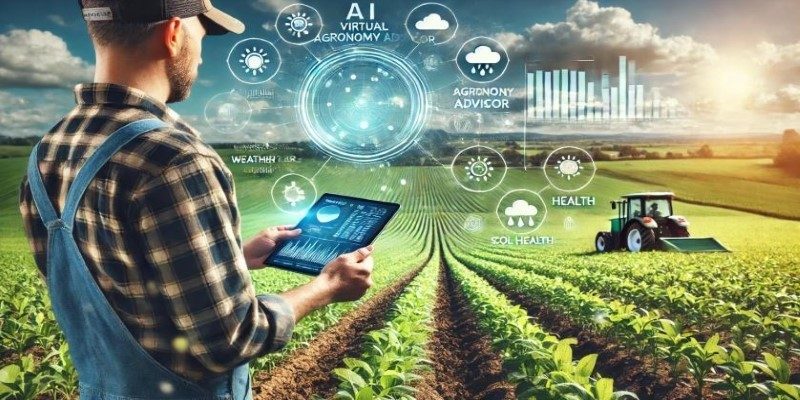
AI in Agriculture is revolutionizing farming with advanced crop monitoring and yield prediction tools, helping farmers improve productivity and sustainability

To decide which of the shelf and custom-built machine learning models best fit your company, weigh their advantages and drawbacks

AI in wearable technology is changing the way people track their health. Learn how smart devices use AI for real-time health monitoring, chronic care, and better wellness
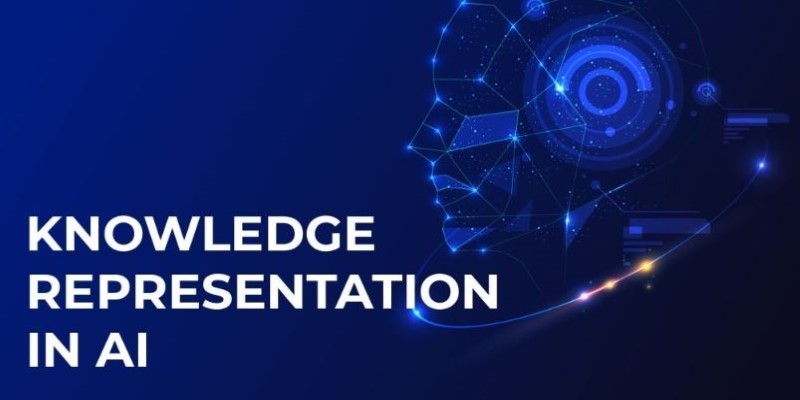
Knowledge representation in AI helps machines reason and act intelligently by organizing information in structured formats. Understand how it works in real-world systems
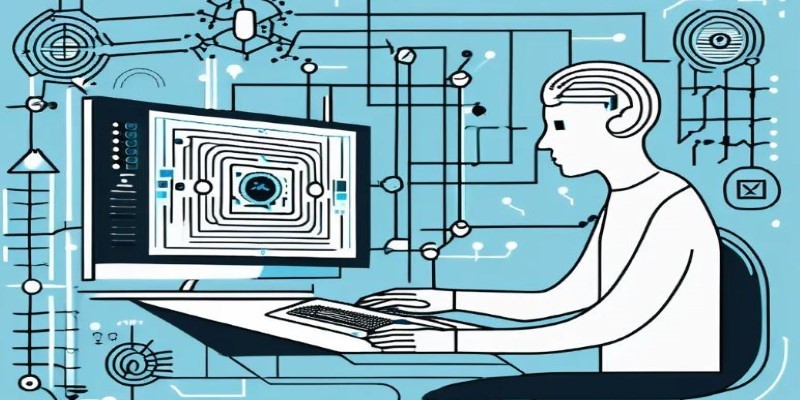
Uncover how The Turing Test shaped our understanding of artificial intelligence and why modern AI evaluation methods now demand deeper, task-driven insights

How next-generation technology is redefining NFL stadiums with AI-powered systems that improve crowd flow, enhance fan experience, and boost efficiency behind the scenes

How does Qualcomm's latest AI startup acquisition reshape its IoT strategy? Here's what this move means for edge intelligence and smart device performance
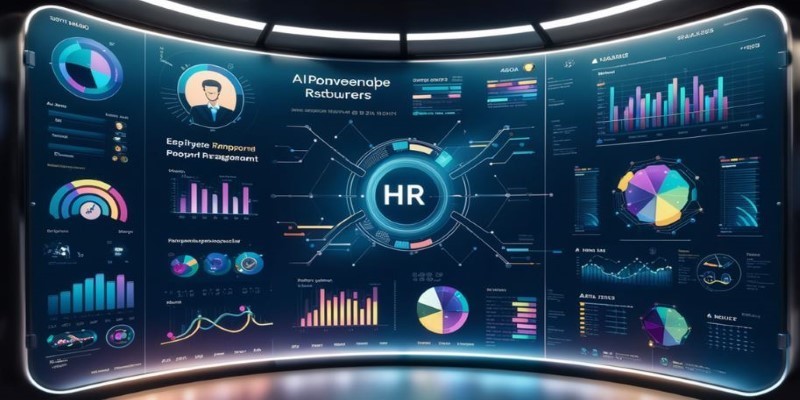
How AI-powered HR and recruitment tools are transforming hiring processes with faster screening, smarter candidate selection, and improved employee retention strategies for modern businesses